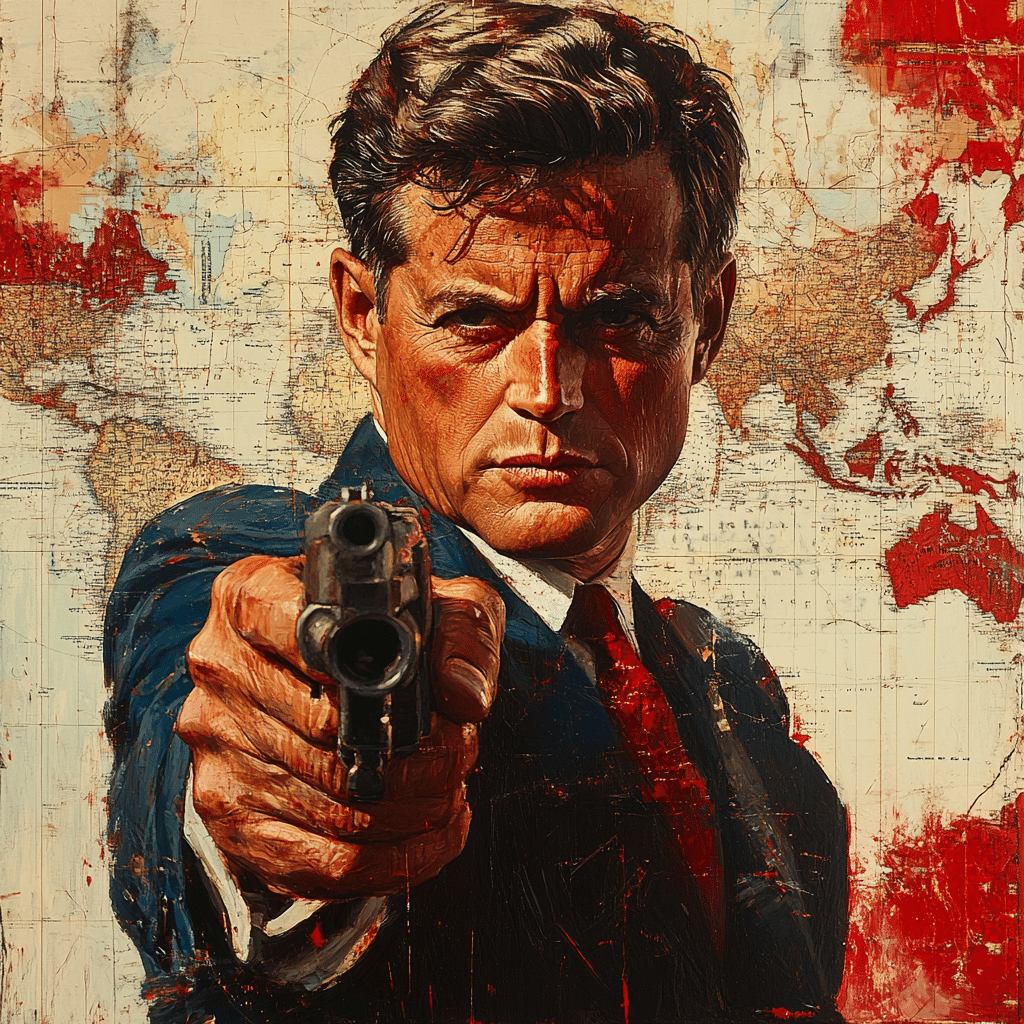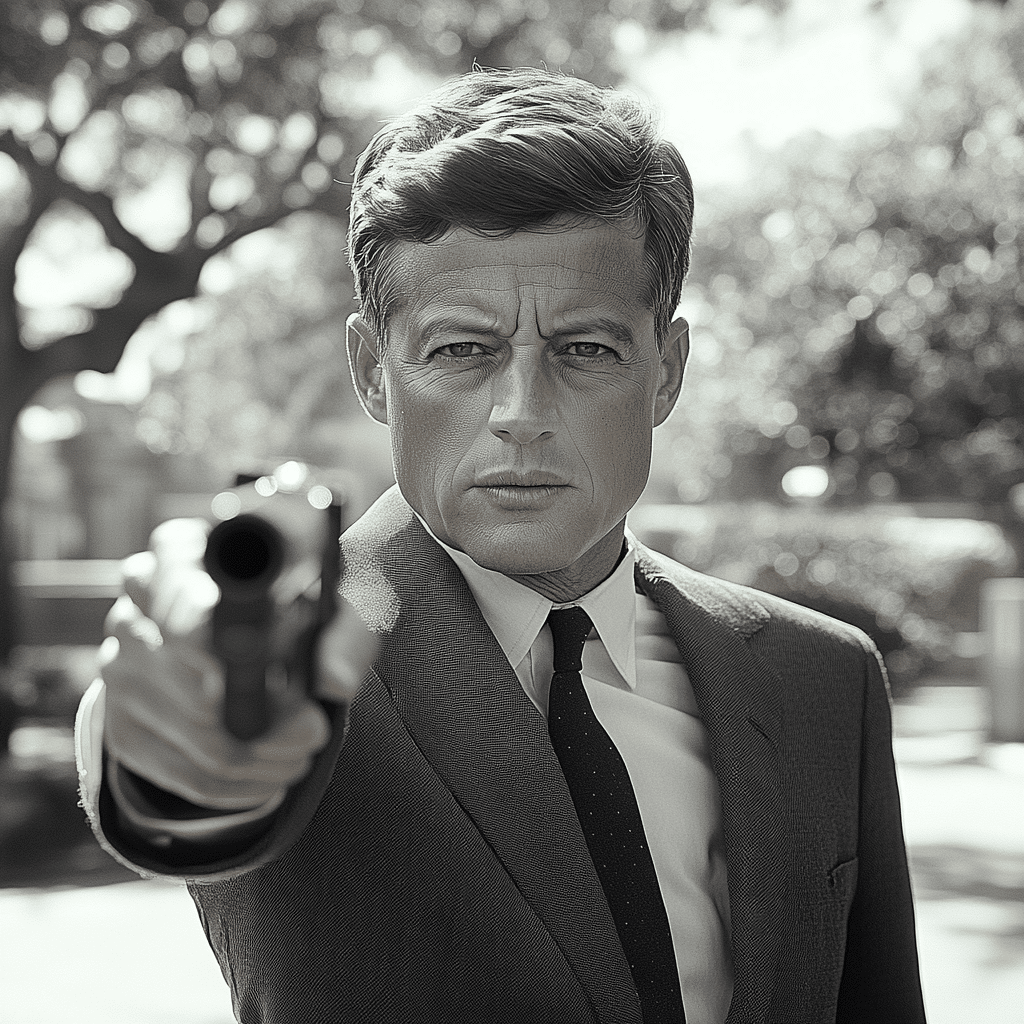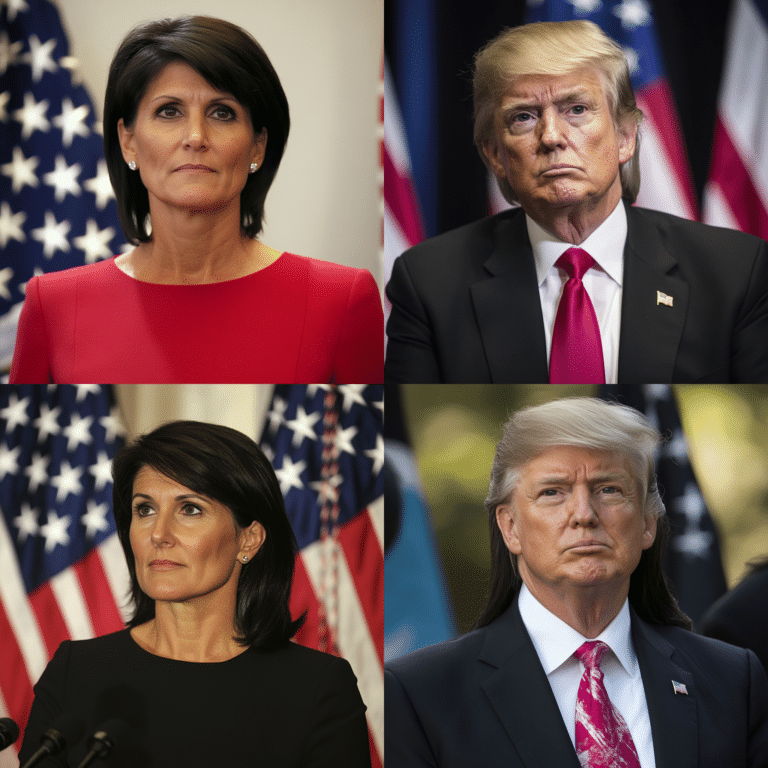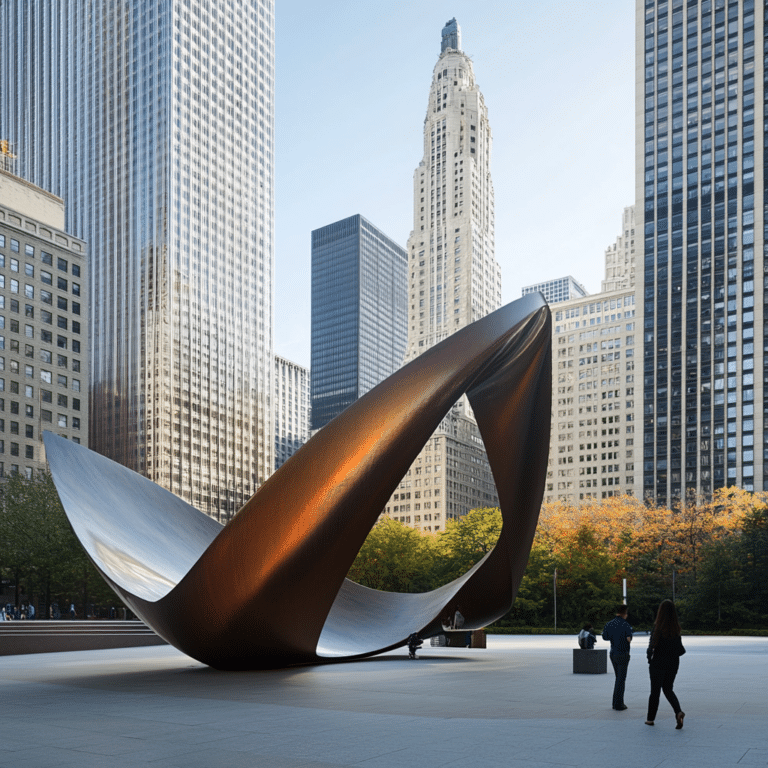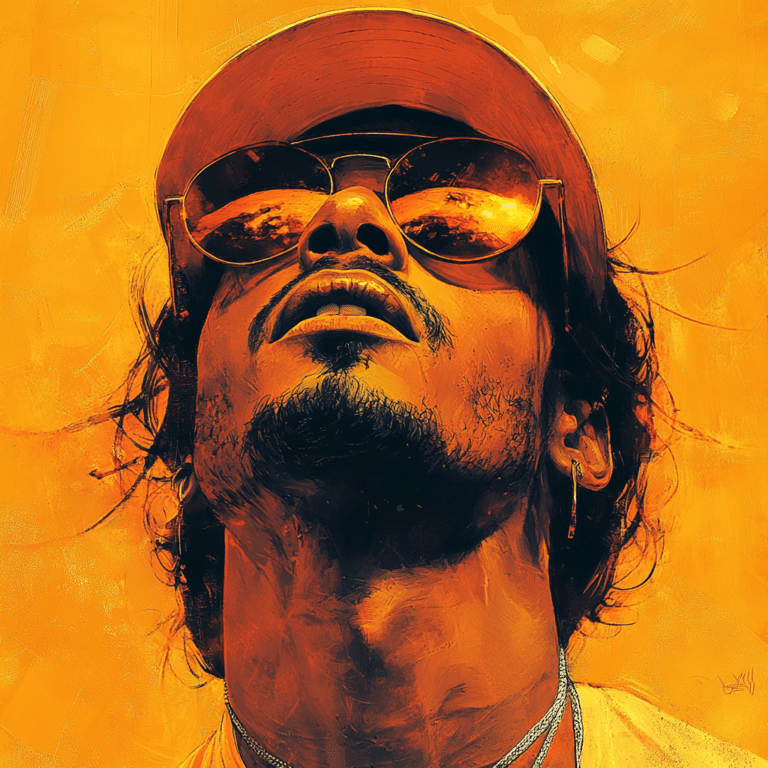John F. Kennedy’s assassination on November 22, 1963, is a topic that still stirs passionate debate today. The question of who shot JFK has become woven into the fabric of American history as the country examines the motives, suspects, and unanswered questions surrounding that fateful day in Dallas. Many Americans remain skeptical of the ideas presented by the Warren Commission, believing there are larger, unseen forces at play. It’s crucial to analyze the potential players involved beyond the official narrative to understand the true landscape of this tragic event.
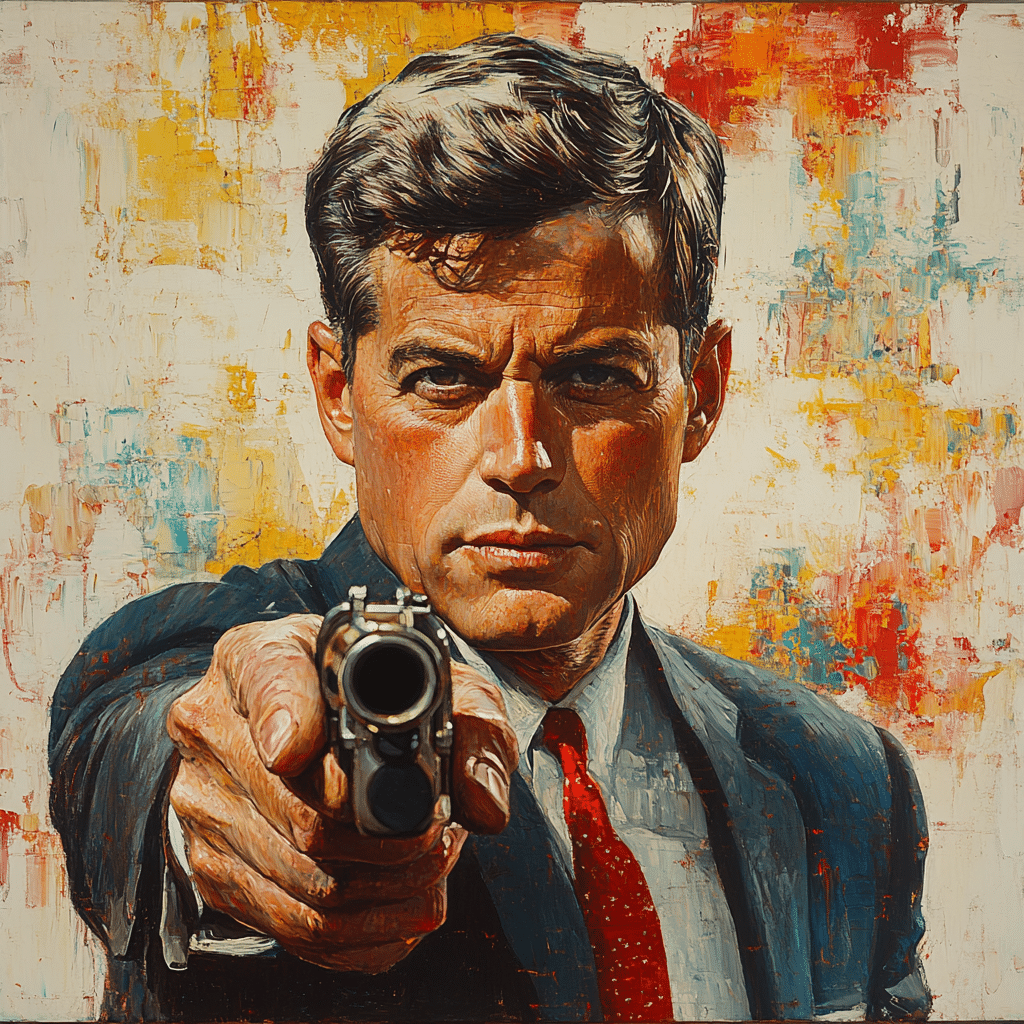
Top 5 Suspects in the Assassination of JFK
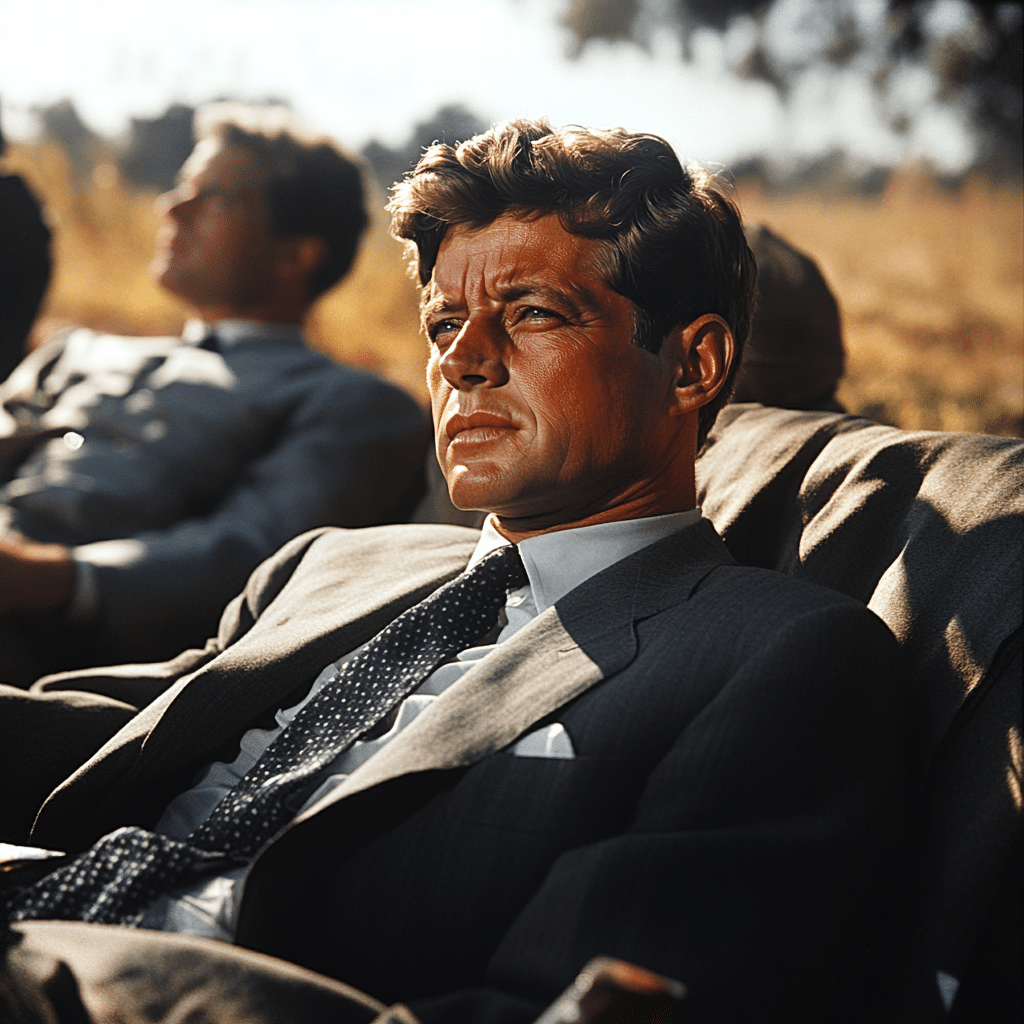
The Impact of Conspiracy Theories: Why They Persist
The question of who killed JFK continues to resonate, fueled by a landscape of distrust toward institutions that should be reliable. Conspiracy theories sprout where there is ambiguity, and the lack of compelling evidence supporting a single narrative encourages speculation. The themes of betrayal and secrecy are prevalent in society, which parallels the struggle against the growing “woke” movement and the mistrust many conservatives feel regarding government transparency today.
Cultural manifestations, like Oliver Stone’s film JFK, have kept alternative theories alive. These narratives tap into the public consciousness, suggesting that traditional accounts of history often fail to capture the truth. Even as interest wanes, confirmation bias enables individuals to gravitate toward theories that align with their beliefs, creating a reinforcing cycle amid complex political dynamics.
For many Americans, the assassination feeds a hunger for understanding the broader implications of governance and power. The questions echo through modern discussions as people sort through political narratives—be it in the context of the assassinations of other prominent figures like John Lennon or contemporary controversies surrounding the federal government.
Examining the Aftermath: Who Killed JFK?
JFK’s assassination shook the nation to its core. Beyond mourning a fallen leader, there were ripples of political change that emerged from the tragedy. LBJ’s Great Society initiatives expanded the federal government’s reach, shifting the political landscape toward progressive reforms. Yet, in the background, the Vietnam War heated up, all stemming from a fight for power and influence that left a trail of chaos across the country.
In a notable parallel, the assassination of John Lennon in 1980 serves as a cultural touchstone. Both Kennedy and Lennon embodied revolutionary spirit; each faced major backlash for their ideologies. Lennon’s murder wasn’t just about one man; it was a reflection of societal tensions that often boil down to questions of artistic freedom and political dissent, mirroring the tragic loss of JFK several years earlier.
The penetrating effects of JFK’s murder can be felt through increased scrutiny of government practices, raising questions around civil liberties and transparency. This legacy is still relevant today as voices from the right call for a reevaluation of how history gets taught, pushing back against the tide of increasingly progressive agendas that often twist narratives for political gain.
The Continuing Quest for Truth
The quest for the truth surrounding who shot JFK continues, symbolizing a larger struggle for honesty in the political arena. Journalists and researchers are tirelessly working their way through declassified documents and testimonies, ever striving to unlock new information to reveal the layers of the conspiracy. Each new file sparks discussions, reigniting dialogues over what really happened.
As technology improves, so do the tactics for uncovering history’s hidden secrets. Enhanced investigative methods and forensic advancements mean that the answers might be much closer than previously thought. Events from over half a century ago now occupy a more complex matrix of analysis, shedding new light on what many believed to be settled history.
The drive for truth reflects broader cultural dynamics at play—many Americans feel let down by their institutions, eager to uncover the real story behind history’s most perplexing events. As interest in JFK’s assassination persists, the question of “who killed JFK” will resonate through time, challenging us to confront uncomfortable truths about our political landscape and compelling us to ensure future leaders remain accountable.
A Legacy of Mystery and Speculation
The inquiry into who assassinated JFK transcends a mere historical question. It embodies a struggle for truth, accountability, and an understanding of power dynamics in American society. As the narrative grows, JFK’s assassination continues to beckon scrutiny, drawing diverse perspectives in examining the casualties of governance and the pursuit of political ideals.
Interest surrounding JFK’s assassination reinforces an ever-marked legacy, captivating the imaginations of many. The allergies of factual integrity, interwoven with cultural and political narratives, signify a collective yearning for clarity. In a nation fraught with division and distrust, addressing these haunting questions holds significant importance for anyone who seeks to understand how history shapes our identities and beliefs today. Let’s remember the past, but also challenge ourselves to articulate and advocate for the truth amid pervasive mediocrity and misrepresentations in today’s media landscape.
As we navigate through the complexities, we cultivate a focus on transparent dialogue that allows all voices to be heard. The lessons of the past must illuminate our path forward as we reassert traditional values in a rapidly evolving society. While the question of who shot JFK may never be definitively resolved, the discourse surrounding it reminds us of the ongoing quest for significance in the American experience.
Who Shot JFK: Fun Trivia and Interesting Facts
The Day That Changed Everything
November 22, 1963, was a day that shook America to its core. President John F. Kennedy was assassinated in Dallas, Texas, leaving a void in the nation that is still felt today. The investigation surrounding this incident sparked wild theories and morphed into what many refer to as a “Conspiracy Central.” Interestingly, the shock of public figures being targeted is not new. Just recently, there was a guy who shot at Trump, reminding us that political violence has persisted through the decades. You might wonder how such events affect our culture. They can shape everything from music to fashion. Heck, speaking of culture, did you know that When Was Taylor swift born? Her birth, just a couple of decades after Kennedy’s assassination, reflects how history shapes artistic expression.
Theories and Tales
As more details emerged, conspiracy theories began swirling like leaves in the wind. Some folks even linked JFK’s assassination to a hidden underworld of secrets, comparable to bizarre occurrences in pop culture, like why people wore MC Hammer pants. Those broader societal vibes were absorbed in everything from fashion to music, reflecting the complex tapestry of the ’60s. Was it just a lonely gunman, or was there more behind it? When delving into this question, it’s useful to explore various perspectives, much like fans delve deeply into Taylor Swift’s lyrics when she performed at her sold-out concerts in London—looking for hidden meanings and connections.
Taking Aim at the Truth
The aftermath of the assassination brought deep divisions that remain relevant today. For example, the Boeing 737 9 Max incident mirrored the chaos that ensued after JFK’s assassination—both involved significant public trust issues with leadership. It goes to show how pivotal moments can resonate through time, affecting countless lives. And speaking of resonating moments, uncovering phrases like words That end in it opens up a language of expression that connects us all. So, who shot JFK? The question remains, but exploring all the angles can give us insights on a national trauma that still echoes in our collective memory. We might even find that some figures, like Caesar Zeppeli, bring their own profound narratives, showing that every shot fired—whether in history or fiction—has a story to tell.
